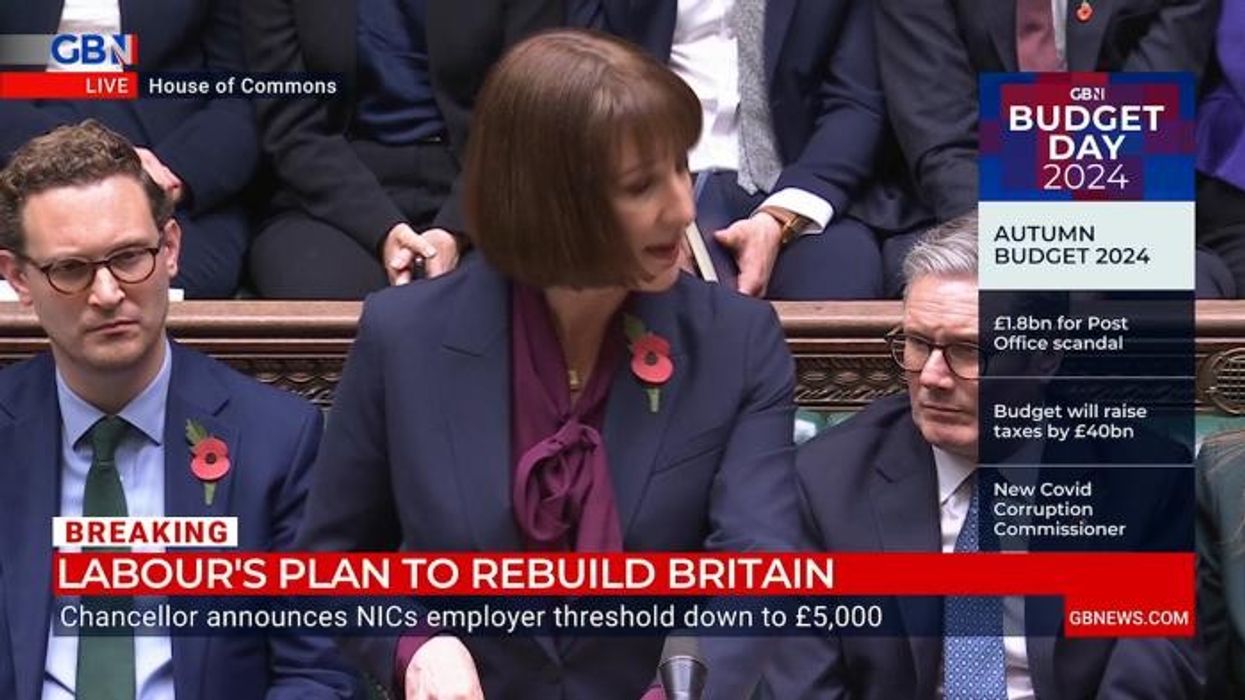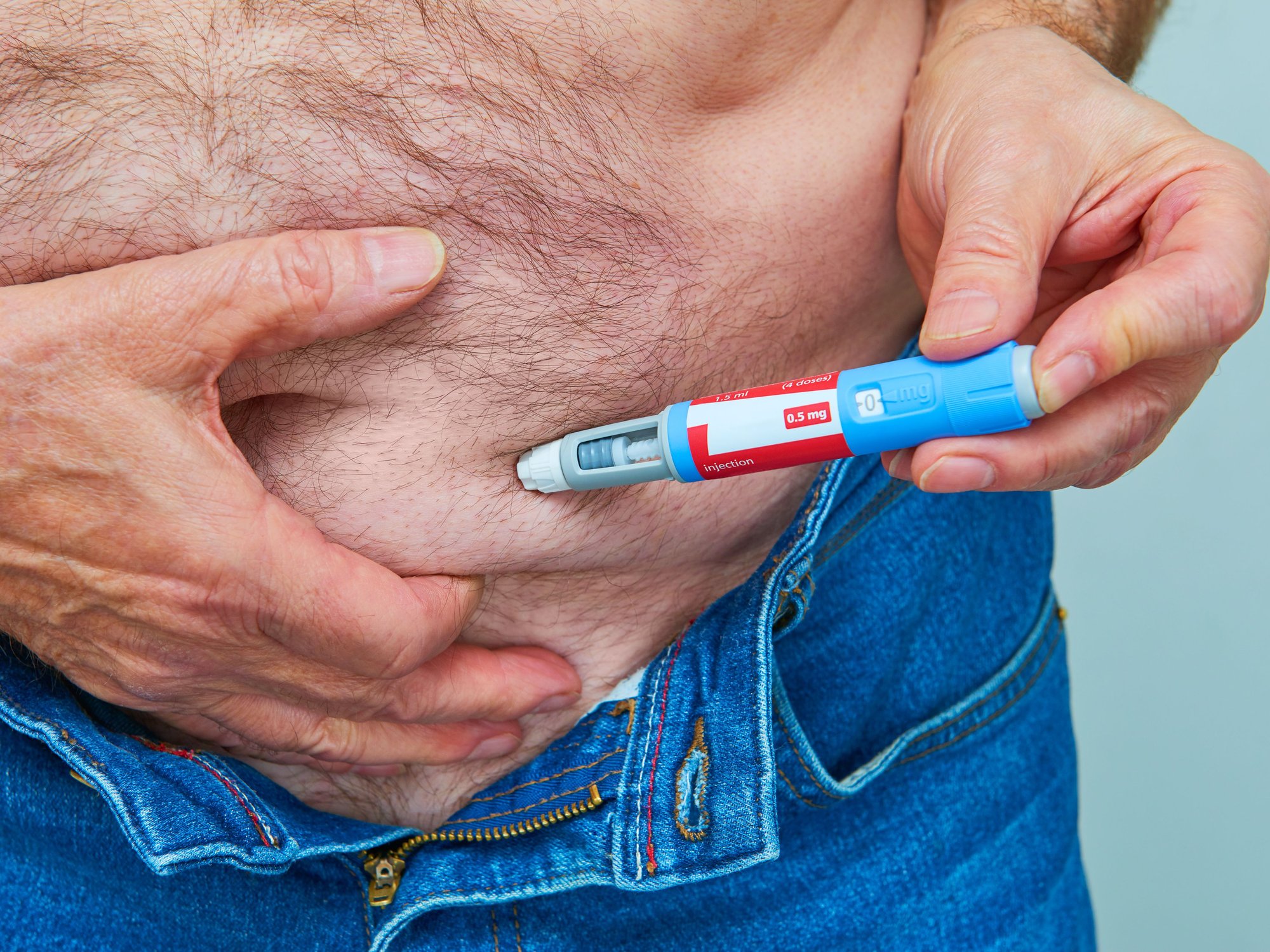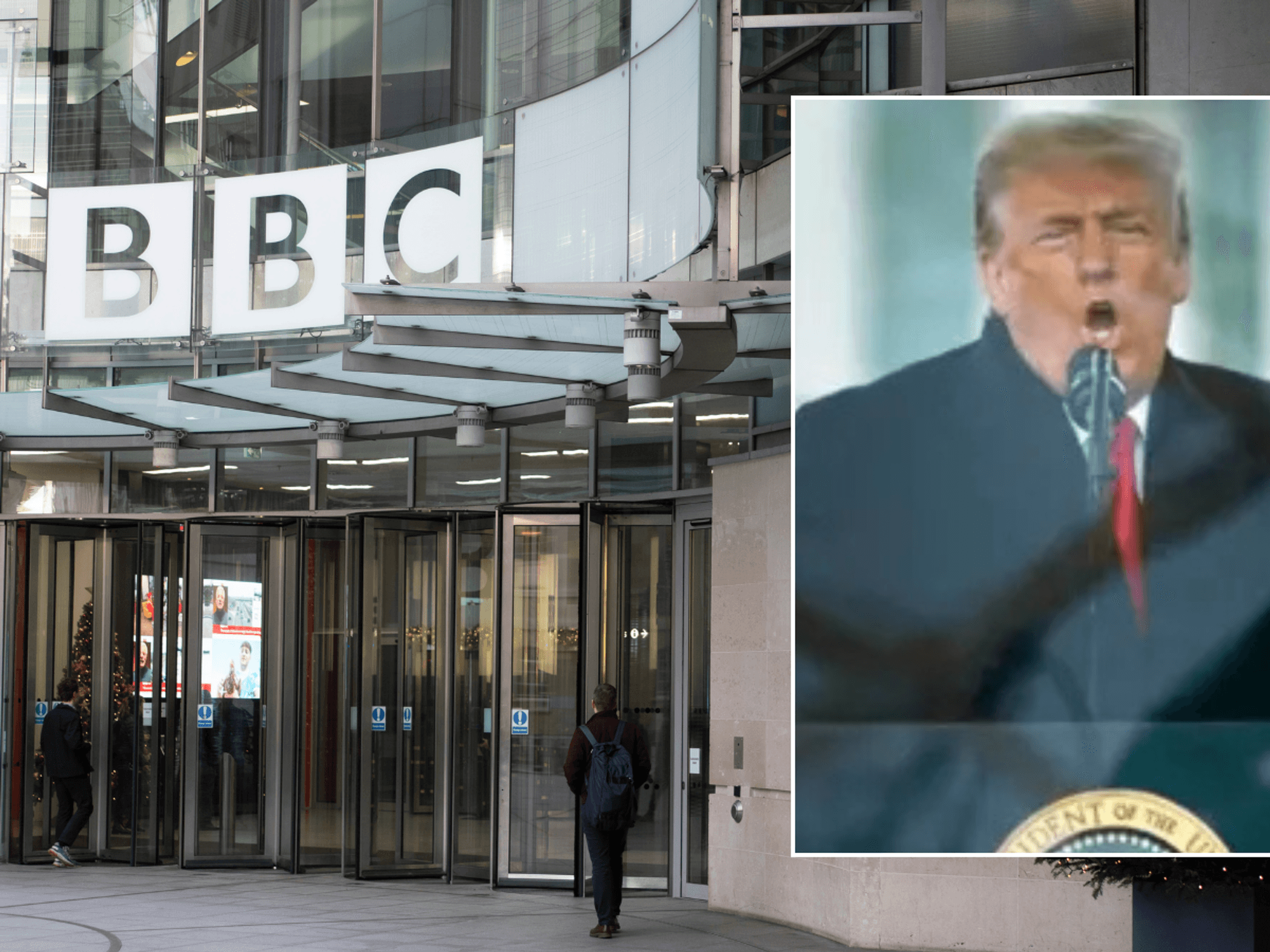HMRC urged to provide update on car tax loophole impacting petrol, diesel and electric vehicle drivers

'The estimated increased tax take is substantial, totalling £865million over the first four years'
Don't Miss
Most Read
Latest
Experts have criticised the Government for failing to outline plans ahead of the rollout of a controversial scheme for motorists through their workplaces.
The Treasury said it would close loopholes for employee car ownership schemes (ECOS), even though the industry is still waiting for updates.
In the Autumn Statement, Chancellor Rachel Reeves announced that changes would be made to end the "contrived" car ownership scheme.
It said it would close loopholes in employee car ownership schemes to prevent them from being used to circumvent Company Car Tax.
Do you have a story you'd like to share? Get in touch by emailing motoring@gbnews.uk
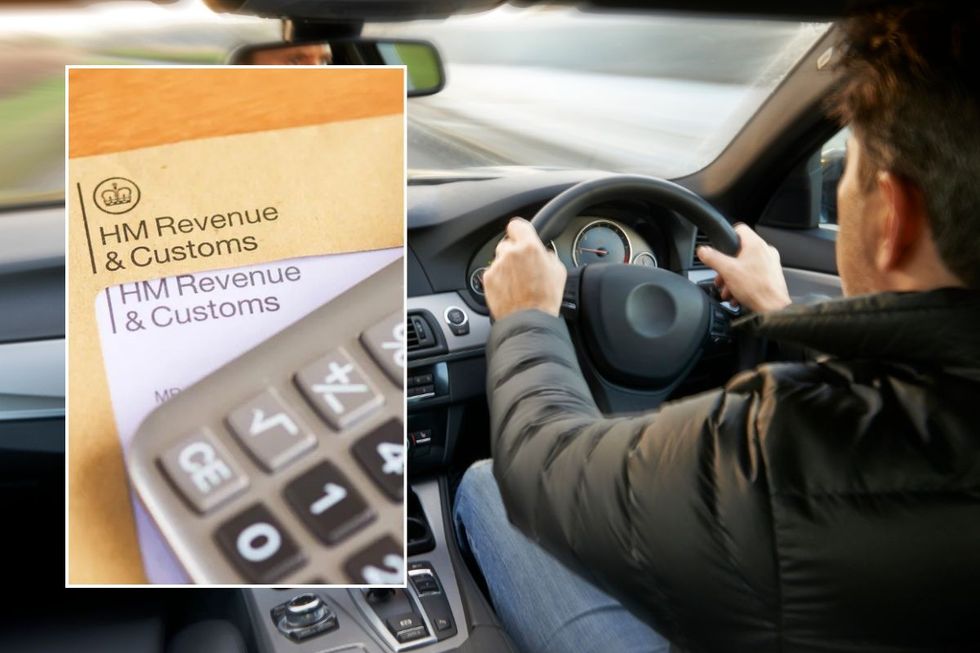
The HMRC loophole is expected to be closed from April 2026
|GETTY
Details included in October's Autumn Statement stated that the loophole would be closed from April 6, 2026.
The Treasury suggests that closing the loophole could contribute an additional £275million in tax in 2026-27.
In the following years, it could also raise £220million (2027-28), £195million (2028-29) and £175million (2029-30).
However, Alison Ashley, partner and head of motor retail at RSM UK, said the industry was still waiting for updates to help them prepare for the change.
She added: "There are key questions which remain unanswered six months on from the Government's ECOS announcement, with under a year until the new legislation coming into place.
"The wording of the legislation leaves the door ajar for what might be termed 'compliant' arrangements and seems to signal the end of all ECOS arrangements," Fleet News reported.
The latest update from HM Revenue and Customs came at the end of April and aimed to outline references to electric bikes and electrically assisted pedal cycles (EAPCs).
From 2011 to 2012 onwards, HMRC states that cycles are charged 20 pence for all business miles ridden.
Statutory mileage rates are used to work out the approved amount of mileage allowance payments that can be paid tax free under Approved Mileage Allowance Payments (AMAPs) rules.
The first 10,000 miles will cost cars or vans 45p, while the rate drops to 25p after 10,000 miles. Motorcycles will pay a rate of 24p for all miles.
Ashley added: "The anticipated financial benefits arising from the changes would seem to suggest there is no room for distinction, but HMRC and the Government urgently need to provide clarity while consulting with the automotive industry on the drafting of the proposed legislation.
"The estimated increased tax take is substantial, totalling £865million over the first four years.
LATEST DEVELOPMENTS:
- M40 traffic: Drivers warned as 'substantial fuel spillage' and an 'overturned vehicle' cause long delays
- Low Traffic Neighbourhoods could be scrapped as campaigners score High Court victory - 'Sends a clear signal'
- British drivers can save £1,700 on MOT costs when buying electric car over petrol or diesel models
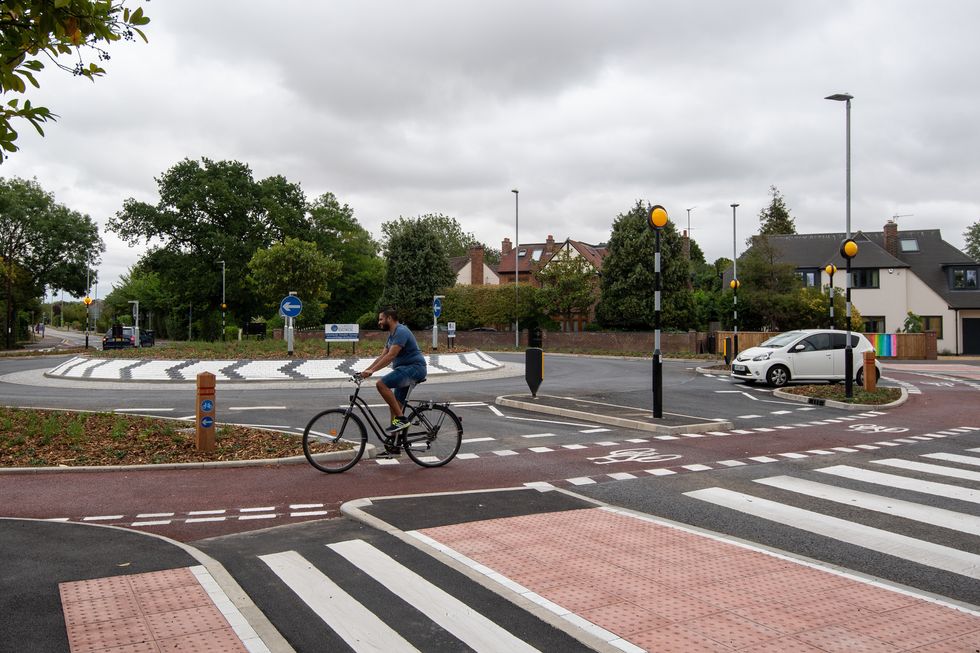
The latest update to the regulation came for cyclists
| PA"These figures seem to be predicated on employees remaining in the cars they typically have now under ECOS when these are taxed as company cars."


